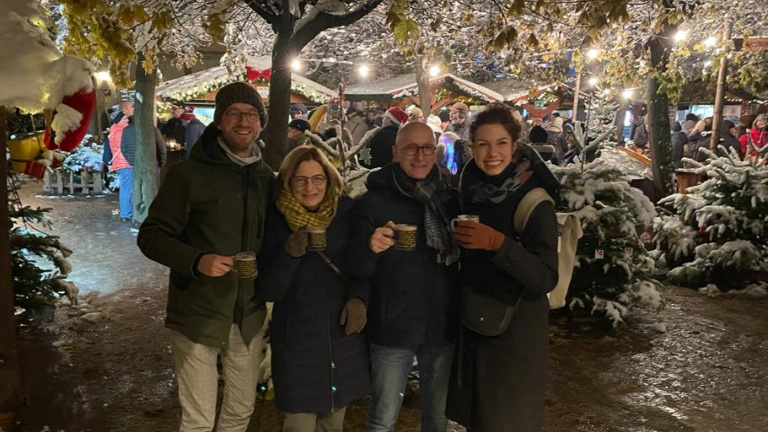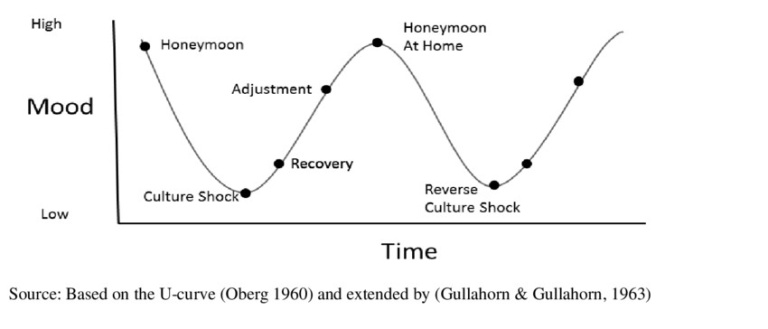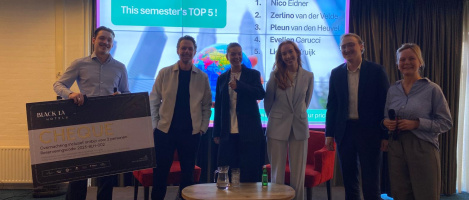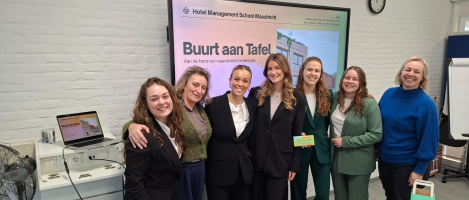 1950-2025 Roots and Wings
Discover our 75th anniversary
1950-2025 Roots and Wings
Discover our 75th anniversary

Rückwanderung
Remigration
"Within intercultural studies, ‘remigration’ – or ‘Rückwanderung’ in German, - would be best used to describe my new and temporary geographical and cultural situation."
Car: packed - oil tank: filled - breakfast: prepared! “I guess we are ready to start”, I said to my partner on a sunny autumn morning when our family adventure to Germany started. Together with my fiancée and our three-year old son, we moved to Erfurt. Erfurt is the capital of Thuringia, Germany - the region I grew up in. Now, ten years later I am back for about three months to trace some of my own roots, and to expose my family to some original German language and culture. And this is exactly the season when German culture is at its very best – Christmas time!

Rückwanderung
Within intercultural studies, ‘remigration’ – or ‘Rückwanderung’ in German, - would be best used to describe my new and temporary geographical and cultural situation. To be honest, I did not expect to gain that many new insights into my home culture when staying in Erfurt. I have lived and worked in the Netherlands for a decade, but I regularly travel home to visit friends and family. Also, I speak German on a daily basis with our son, and with friends and family over the phone. I read German media, and watch the German Tagesschau or occasional series. Seen from Germany, living in Maastricht is not the far end of the world, really. However, after a fortnight I have actually noticed some stark cultural differences!
In terms of the original U-curve on the phases of cultural adjustment first established by Oberg (1960), my family and me definitely have had our ‘Honeymoon’ moments during our first weeks here. And I sure have had some experiences that could already classify as slight form of culture shock. But the interesting thing for me is that I seem to be at home and abroad at the same time! Looking at the extended W-curve by Gullahorn & Gullahorn (1963): I appear to be in both cycles of the curve simultaneously. Which makes for a very interesting, but sometimes also bumpy ride.

Cultural adjustments
On the one hand I experience things from my youth that I recognize and welcome (e.g. going to the Weihnachtsmarkt, specific foods from the supermarket, or celebrating Advent together). On the other hand I notice things about my native country which I had never contemplated much before, and which are sometimes hard to value fairly. For example: seen from the Netherlands Germany is doing a great job in terms of family support. There is a longer parental leave and bigger parental allowance (Elterngeld) compared to the Netherlands and sending your child to the daycare is largely state-supported. Benefits that I miss living in the Netherlands.
However, what I have come to realize is that this focus on young families creates a much bigger difference between maternal and paternal roles as there are not that many options to split work and care evenly. Only in some (less demanding) jobs it is an option to work part-time, and that mostly means exactly 0.5 FTE, or a half-time contract. For families with young children, this leads to very traditional family roles where the father as main breadwinner works full-time while the mother stays home or works in a part-time function. Not surprisingly, labor market participation of German women with young children is twice as low as the EU-average. I our new context we notice this difference on a daily basis: kids’ playgrounds in Erfurt are to a large extent a “mommy’s only zone” (MOZ).
Next time
And the funny thing is: me being back here in the first place is in part thanks to my employer granting me parental leave, and allowing me to work remotely. In the next blog we will move from the playground to the Christmas market. So prepare for some Bratwurst with Bornsenf and Glühwein with Schuß. Keep you posted!
Highlights

Global Mind Conference February 2026
The Global Mind Conference is the homecoming event of our operational interns, who returned from their international adventure in…


Graduation project Xplore
Students defended their graduation project, conducted on behalf of Global Minds @ Work. The project took place at Xplore, an Agora…


White Paper Publication Global Minds @ Work
The study explores how internship supervisors assess reflective blogs written by students during their intercultural internships…

